Boy Holding a Ball
Béla Czóbel
1916
Image
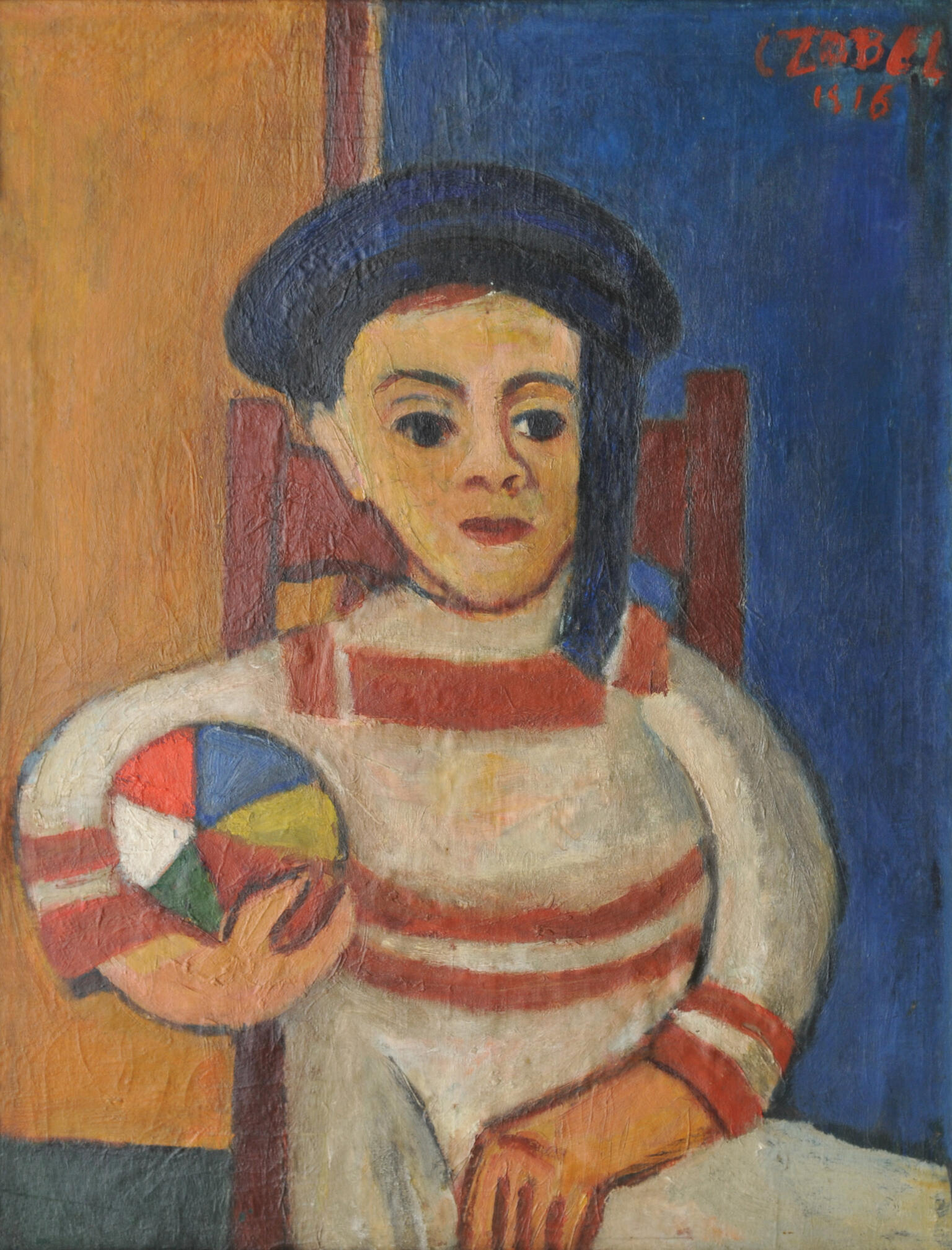
Engage with this Source
Creator Bio
Béla Czóbel
1883–1976
Béla Czóbel was a Budapest-born painter who profoundly influenced the development of modern art in Hungary. Czóbel began studying painting in a Romanian artists’ colony, continuing his training in Munich and then in Paris. The fauvist paintings of the Paris avant-garde impressed him, and he returned to Budapest with a new outlook. In 1909, he joined the group of Hungarian artists known as the Eight, whose work departed from the conventions of local painting to explore a new, modern visual language. In the 1920s, Czóbel exhibited his work in Budapest, Berlin, and New York; he moved to Paris in 1925 and, after World War II, split his time between Hungary and Paris.
You may also like
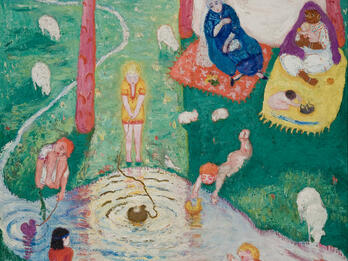
Easter Picture
This fantastical picture by Florine Stettheimer melds together a biblical pastoral scene (palm trees, sheep, and women dressed in imagined Middle Eastern clothing) with a group of modern American…
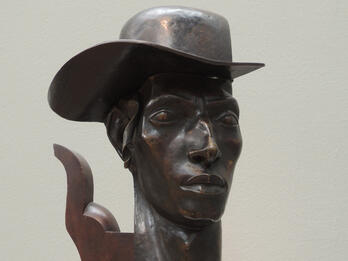
Head of a Young Jew (Self-Portrait)
Head of a Young Jew, Natan Altman’s most famous sculpture, is an expression of his desire to set a new, modern course for Jewish art. The asymmetrical sculpture, a combination of bronze, copper, and…
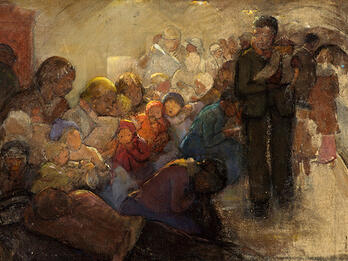
Air Raid Shelter
This scene in a bomb shelter during World War I is characterized by the empathy and intimacy with which many of Amy Julia Drucker’s London paintings were imbued. The children stand out amid the masses…
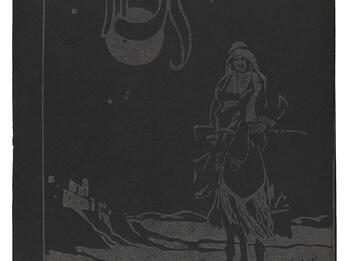
Yizkor (cover)
Yizkor: Tsum ondenk fun di gefalene vekhter un arbeyter in erets-yisroel (Yizkor: In Memory of the Fallen Watchmen and Workers in the Land of Israel) commemorates fallen Jewish guards and workers who…
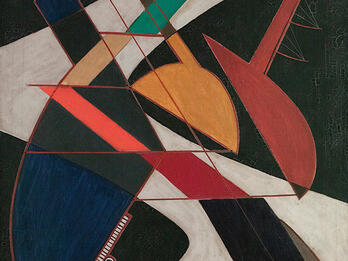
Symphony Orchestra
The 1910s were a time of experimentation for Man Ray. Inspired by the paintings of European modernists at the Armory Show in New York in 1913, he began painting in an abstract style, one that…
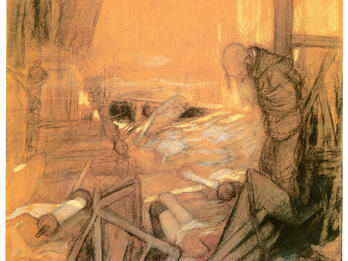
Under Her Father's Eyes
In 1903, the paintings of Abel Pann had helped draw attention and international outrage to the Kishinev pogrom. Pann again used his art to document the devastation of Jewish communities in Eastern…

